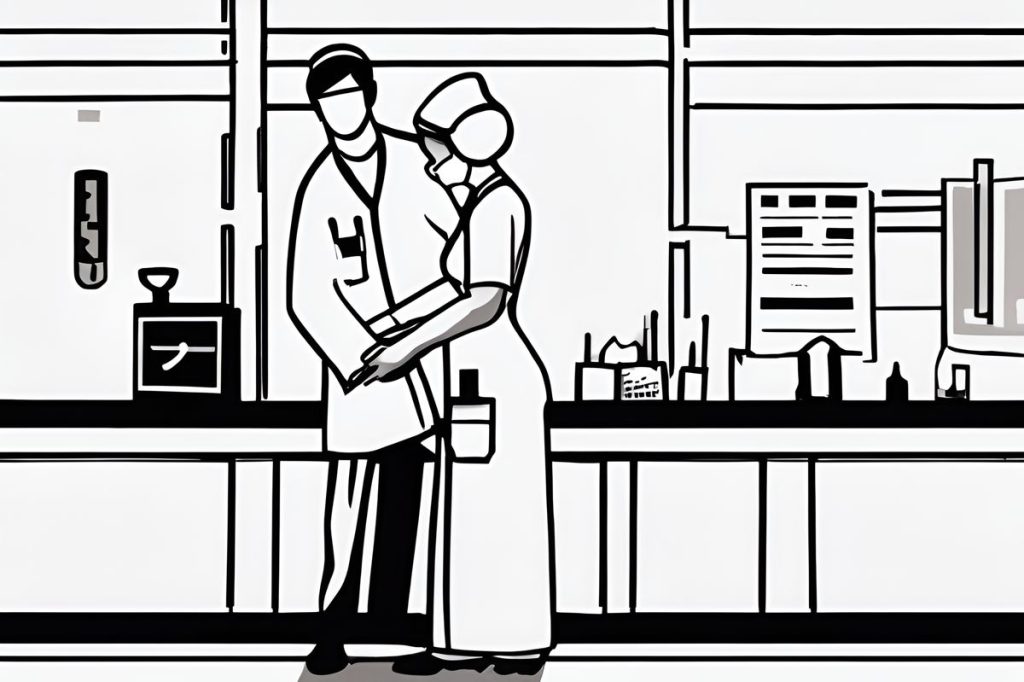The new legislation on drug testing for drivers proposes mandatory blood testing for impaired drivers when saliva samples are unavailable, with plans to enhance road safety through accurate testing methods and extended sample storage. Public consultation is open until May 9 to refine the bill, highlighting the government’s commitment to involving the community in creating safer driving conditions.
What does the new legislation on drug testing for drivers propose?
The new legislation proposes mandatory blood testing for drivers suspected of drug impairment, particularly when they cannot provide saliva samples due to hospitalization. It aims to improve road safety by using more accurate testing methods, removing the one-month storage limit for saliva samples, and calls for public consultation to refine the bill.
New Legislation on Drug Testing for Drivers
In a significant move to bolster road safety, authorities are proposing a bill that would authorize blood sample collection for drug testing of drivers suspected to be under the influence. Specifically, the transport ministry’s proposed legislation would apply to scenarios where an individual is unable to provide a saliva sample due to hospitalization.
The initiative strives to leverage the accuracy of blood testing in cases where saliva samples are not viable. This proposed approach underscores the need for adaptable testing methods to confront the challenges of drug-impaired driving. The bill marks a departure from earlier methods by omitting the provision that allowed the use of initial saliva samples for laboratory testing—reflecting the current limitations of technology available to law enforcement agencies.
Sample Storage and Testing Efficiency
Under the current legal framework, saliva samples from positive drug tests are stored for a maximum of one month. The proposed legislation aims to eliminate this time constraint. The rationale is straightforward: if a sample is not suitable for retesting after its initial analysis, imposing a storage duration serves no practical purpose.
The removal of the storage time limit indicates a shift towards a more pragmatic approach in managing test samples. The bill’s architects emphasize that the primary goal of drug testing is to deter individuals from driving while impaired by drugs—a goal that is critical not just for the driver’s safety, but also for the well-being of all road users.
Public Involvement and Legislative Process
The proposed bill is currently open for public consultation. This process provides an opportunity for members of the community to contribute their perspectives and influence the evolution of this important legislation. Interested parties have until May 9 to submit their comments through the government’s e-consultation platform.
In inviting public engagement, the ministry recognizes the collective stake in the issue at hand. It is not solely a regulatory matter but one that taps into the community’s shared interest in promoting safer driving conditions. With the consultation phase, the ministry extends a platform for dialogue, ensuring that the resulting laws benefit from a wide array of inputs.
Towards a Safer Driving Environment
The transport ministry’s proposed bill reflects a commitment to evolving road safety measures and adapting to technological advancements. By shifting towards more reliable testing methods, such as blood analysis, and refining the handling of samples, the ministry is taking concrete steps to mitigate the risk of drug-impaired driving.
The emphasis on public consultation underscores the ministry’s dedication to transparency and public participation in the legislative process. This collaborative approach suggests a broader vision of road safety, one that extends beyond the technicalities of law to encompass the values and concerns of the community it serves.
What does the new legislation on drug testing for drivers propose?
The new legislation proposes mandatory blood testing for drivers suspected of drug impairment, particularly when they cannot provide saliva samples due to hospitalization. It aims to improve road safety by using more accurate testing methods, removing the one-month storage limit for saliva samples, and calls for public consultation to refine the bill.
How does the proposed legislation aim to enhance road safety?
The proposed legislation aims to enhance road safety by allowing for blood testing of drivers suspected of drug impairment when saliva samples are not available. By using more accurate testing methods and removing the storage time limit for samples, the legislation seeks to deter individuals from driving while under the influence of drugs, ultimately creating safer driving conditions.
When is the public consultation for the bill open until?
The public consultation for the proposed legislation on drug testing for drivers is open until May 9. This provides an opportunity for members of the community to share their perspectives and insights, influencing the refinement of the bill before it becomes law. Comments can be submitted through the government’s e-consultation platform.
What is the significance of involving the public in the legislative process?
Involving the public in the legislative process through public consultation demonstrates the government’s commitment to transparency and community engagement. By seeking input from various stakeholders, including the general public, the legislation can benefit from a diverse range of perspectives, ensuring that road safety measures are not only effective but also reflective of the community’s values and concerns.

